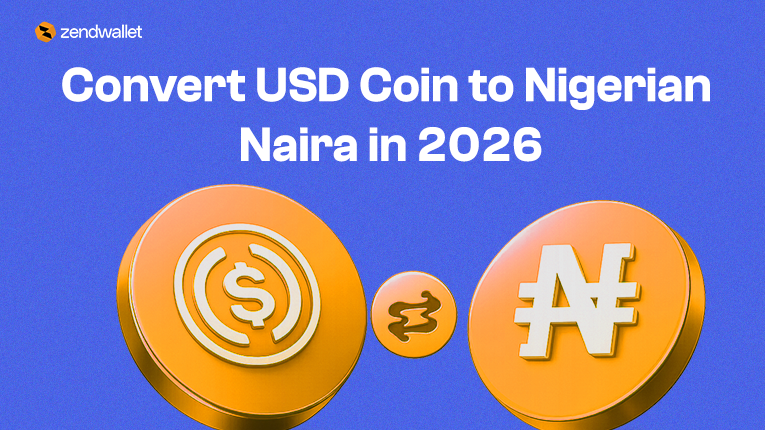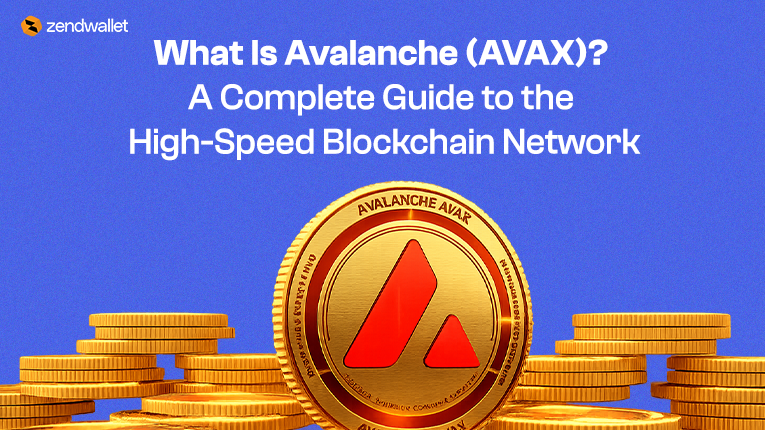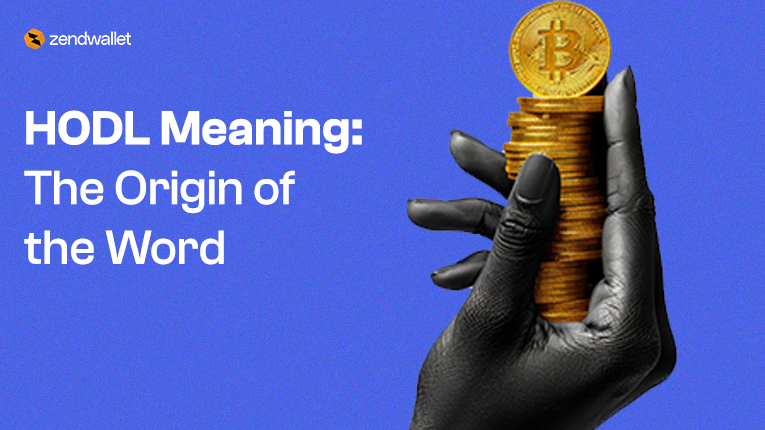Cryptocurrency markets can be enticing, promising quick gains and revolutionary technologies.
However, with every opportunity comes risk, and the crypto world is no exception. Avoiding scams and worthless investments requires a cautious approach.
Picture yourself going through your social media account and seeing posts about the newest cryptocurrency that promises to yield enormous profits in almost every other post. You choose to learn more because you’re intrigued by the excitement.
But cryptocurrency market, not everything that seems shiny is gold.
Approaching every opportunity with caution and scepticism is essential to avoid being a victim of fraud or investing in useless businesses.
Here are five critical questions to ask before buying crypto:
5 Questions to Ask Before Buying Crypto Coin or Token

1. Who are the creators of the token or coin?
Consider yourself at a market stall, contemplating a new device. You would probably research the producer before making a purchase.
Is it a well-known person or someone else? In the same way, it’s important to know who created cryptocurrency.
Look for projects where the team is transparent and experienced in blockchain technology.
A clear track record and a detailed whitepaper outlining the project’s goals are like reading customer reviews before making a purchase.
2. Does the coin or token have an official website and active social media presence?
A trustworthy product or service has a noticeable web presence in the modern digital age.
A trustworthy cryptocurrency should also have an easy-to-navigate website and be actively involved on social media sites like Reddit, Instagram and Twitter.
Consider it similar to reviewing customer reviews and product ratings. Investors are shown credibility and dedication by an active group and open lines of contact.
3. What is the purpose of the token/coin?
Just like buying any product, knowing what it’s meant for helps assess its potential value.
Cryptocurrencies serve various roles. Some are utility tokens, used within decentralized networks for transactions or accessing services.
Others act as store-of-value assets or mediums of exchange. It’s important to understand if the token solves a real-world problem or offers something unique.
Avoid tokens hyped solely for speculative gains without clear utility. These can be volatile and lack sustainable value.
Before investing in crypto, ensure you grasp what problem the token addresses or its role in the digital economy. This clarity helps make informed investment decisions.
4. How many holders does the crypto coin/token have?
When buying crypto, the distribution among holders is crucial. A diverse community signifies widespread adoption and decentralized ownership, promoting stability and growth.
Conversely, concentration in a few hands risks manipulation or sudden sell-offs. Look for projects with broad holder bases to ensure a balanced investment landscape and mitigate potential pitfalls.
5. What is the liquidity and transaction volume?
Liquidity plays a pivotal role in the ease of buying and selling cryptocurrencies without causing significant price fluctuations.
Evaluate the trading volume and liquidity on reputable exchanges to gauge market activity and investor interest.
Adequate liquidity ensures smoother transactions and enhances your ability to enter or exit positions as needed.
Additionally, monitor transaction volumes on blockchain explorers to verify ongoing activity and community engagement.
Also Read: How to Trade Bitcoin: 6 Beginner’s Guide
Frequently Asked Questions
What should I look for in a cryptocurrency’s white paper?
When buying crypto, a white paper should detail the project’s technology, objectives, and principles.
It is a comprehensive document that explains the purpose and mechanics of the cryptocurrency. Reading it thoroughly helps make informed investment decisions.
Can a cryptocurrency without a white paper be legitimate?
While rare, some legitimate cryptocurrencies might initially launch without a white paper.
However, this is usually a red flag when buying crypto. Most reputable projects provide a white paper to explain their technology, objectives, and principles in detail.
How can I determine the purpose of a cryptocurrency token or coin?
When buying crypto, you should be able to identify if the token is a utility token, a governance token, or a security token.
If the purpose is not clear, it’s likely a hype-driven project without substantial value, making it a risky investment.
What does the number of holders tell me about a cryptocurrency?
When buying crypto, a viable new coin should have at least 200 holders.
If a few holders have a large percentage of the coins, it indicates potential price manipulation risks. A diverse holder base suggests more stability and legitimacy.
Why are liquidity and transaction volume important when evaluating a cryptocurrency?
When buying crypto, high liquidity (at least $30,000) and consistent transaction volume (at least five transactions per minute) indicate active trading and market interest.
Low liquidity and transaction volume suggest a lack of interest and higher risk.
What are common signs of a crypto scam?
Common signs include anonymous or suspicious creators, lack of an official website and social media, unclear purpose, few holders with a heavy percentage of coins, and low liquidity and transaction volume when buying crypto.
How can I protect myself from investing in bad cryptocurrencies?
When buying crypto, ask critical questions about the creators, the purpose, the online presence, the number of holders, and the liquidity and transaction volume.
Conduct thorough research and due diligence before investing.
Should I trust cryptocurrency recommendations from friends or celebrities?
No, always perform your research regardless of who recommends the cryptocurrency when buying crypto.
Friends, family, or celebrities might not have the necessary knowledge or may unknowingly promote a scam.
What should I do if I suspect a cryptocurrency is a scam?
If you suspect a scam when buying crypto, avoid investing and report the cryptocurrency to relevant authorities or platforms.
Educate others about the potential risks to prevent them from falling victim to the scam.
How do I verify the credibility of a cryptocurrency’s team?
When buying crypto, look for publicly available information about the team’s professional background and previous projects.
Check for LinkedIn profiles, previous work in the tech or finance sectors, and any press coverage or endorsements from reputable sources.
What is the difference between a utility token, a governance token, and a security token?
Utility Token: Used to access a product or service within a blockchain ecosystem.
Governance Token: Grants holders voting rights to influence project decisions.
Security Token: Represents ownership or stake in an asset and is subject to regulatory scrutiny.
Why should I be wary of cryptocurrencies with low transaction volumes?
When buying crypto, low transaction volumes indicate low market activity, which can lead to difficulties in buying and selling the cryptocurrency. It may also signal a lack of interest or confidence in the project.
What are some red flags in a cryptocurrency’s online presence?
When buying crypto, red flags include incomplete or poorly designed websites, lack of detailed information about the team and project, inactive or non-existent social media accounts, and no community engagement or support channels.
How can I assess the market interest in a new cryptocurrency?
When buying crypto, look at the trading volume, liquidity, number of holders, and community engagement.
High interest and activity typically indicate a more reliable and potentially successful project.
What should I do if I have already invested in a potentially fraudulent cryptocurrency?
When buying crypto, stop any further investments, document your transactions, and report the issue to the platform where you purchased the cryptocurrency.
Seek legal advice if necessary, and warn others in the community.
Are there any tools or platforms to help evaluate cryptocurrencies?
Yes, several platforms provide analytical tools, market data, and reviews to help evaluate cryptocurrencies when buying crypto.
Some popular ones include CoinMarketCap, CoinGecko, and Blockchain Explorers for transaction verification.
What is a pump-and-dump scheme in the cryptocurrency market?
When buying crypto, a pump-and-dump scheme involves artificially inflating the price of a cryptocurrency through false or misleading statements, followed by selling off the overvalued coins.
This leads to a rapid price decline, causing significant losses for unsuspecting investors.
How can I differentiate between a genuine cryptocurrency and a meme coin?
When buying crypto, genuine cryptocurrencies typically have a clear purpose, detailed white paper, and an active development team.
Meme coins often rely on social media hype and may lack a clear use case or development roadmap.
Understanding the project’s fundamentals can help differentiate between the two.
Conclusion
Buying crypto could present opportunities and risks, where informed decisions can lead to substantial rewards or unforeseen losses.
Remember conducting thorough research and remaining vigilant are key to safeguarding your investments and identifying promising opportunities amidst the noise.
Whether you’re an experienced crypto investor or new to cryptocurrencies, asking the right questions ensures you make decisions aligned with your financial goals and risk tolerance.
We simplify crypto trading, ensuring your investments are secure and informed. Join ZendWallet today to trade crypto wisely.
You might be interested in Where to Buy Cryptocurrency in Africa



